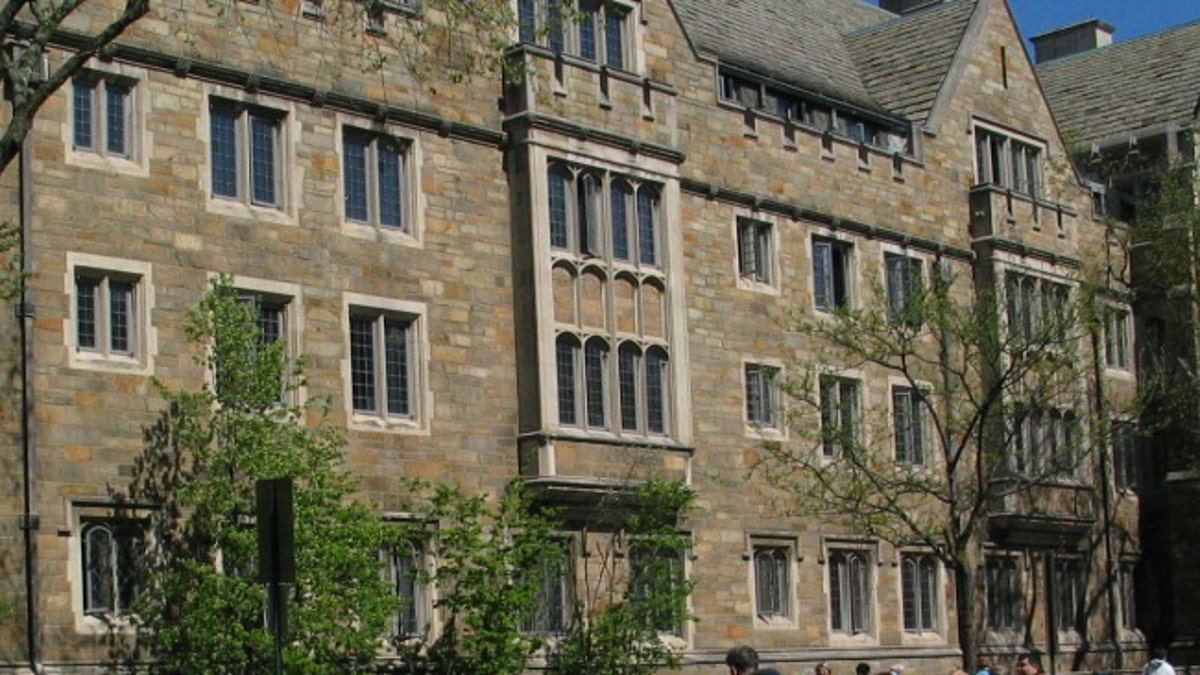
Commodore Grace Hopper, U.S. Navy, graduated from Yale University. (Wikipedia/U.S. Navy)
Seven months after Yale renamed Calhoun College in honor of Grace Murray Hopper, students are looking to the future as the college tries to shed its previous controversial identity.
Hopper, who graduated from the college in 1934, replaces U.S. vice president and class of 1804 graduate John C. Calhoun – who deemed slavery a “positive good” for both master and slave – across all administrative systems and on various signs on campus.
A “ceremonial baptism” on Sept. 5 will cap years of protest by students who said the association with Calhoun was offensive – and Yale’s initial decision to keep the name, only to reverse itself and change it.
It also comes at a time when communities and schools across the country are grappling with how to handle Confederate monuments and whether to simply remove them.
The head of Hopper College Julia Adams said the atmosphere on campus was “extraordinarily upbeat” and emphasized the importance of not erasing history.
“Many first year students knew a lot about the college’s history even before they arrived,” Adams told the Yale Daily News. “Grace Hopper College also has a great set of documents on the ‘history’ part of our website.”
Current and former students at Hopper had mixed reactions to the new name.
“For me it will always in a sense be Calhoun,” sophomore Lauren Lee told The New York Times. Lee said she fought the name change because she believed that Calhoun’s contributions to political theory were his legacy.
Mark Barnett, 18, a black freshman, told the Times that he favored the name change.
“I think the name is a step toward inclusion and equality,” he said.

A building is seen at Yale's Hopper College (Wikimedia)
Hopper, a pioneering computer scientist who served in the U.S. Navy, received her master’s and doctorate from Yale.
About 10 percent of Yale’s student population is black, according to university statistics.
Calhoun has not disappeared completely; his likeness remains in stonework above a few archways at Hopper College.

